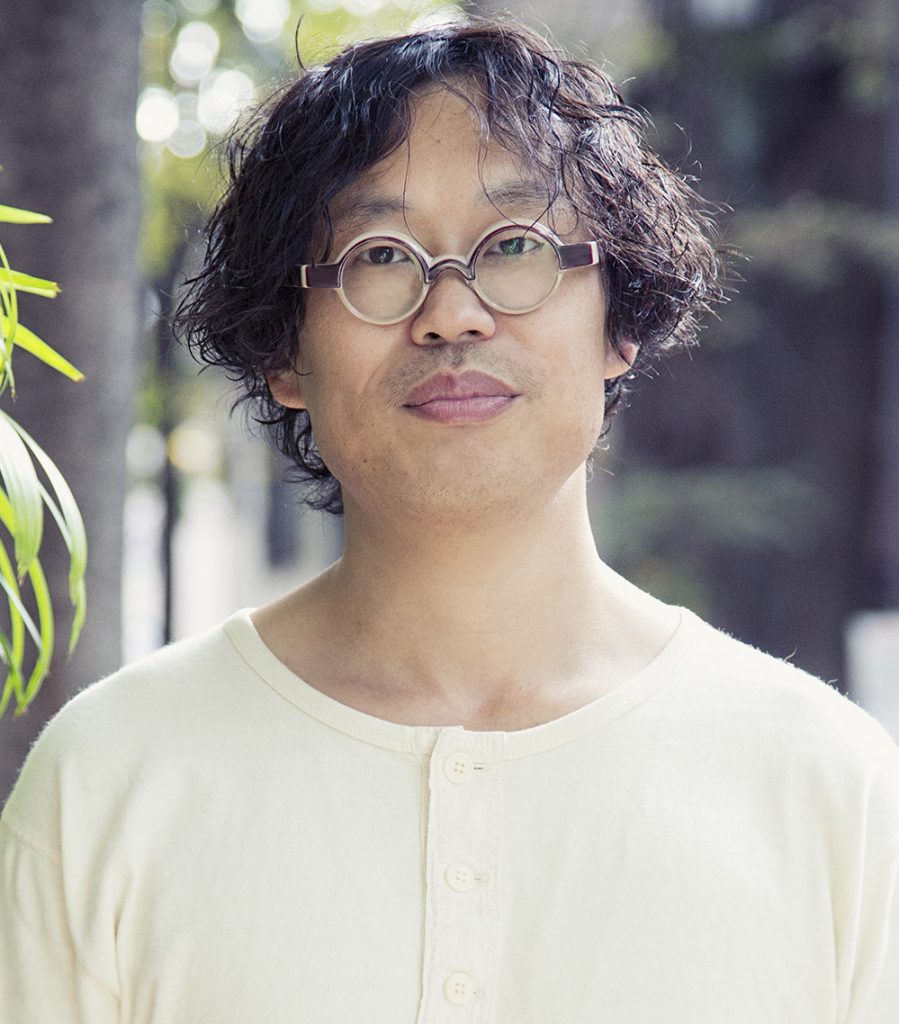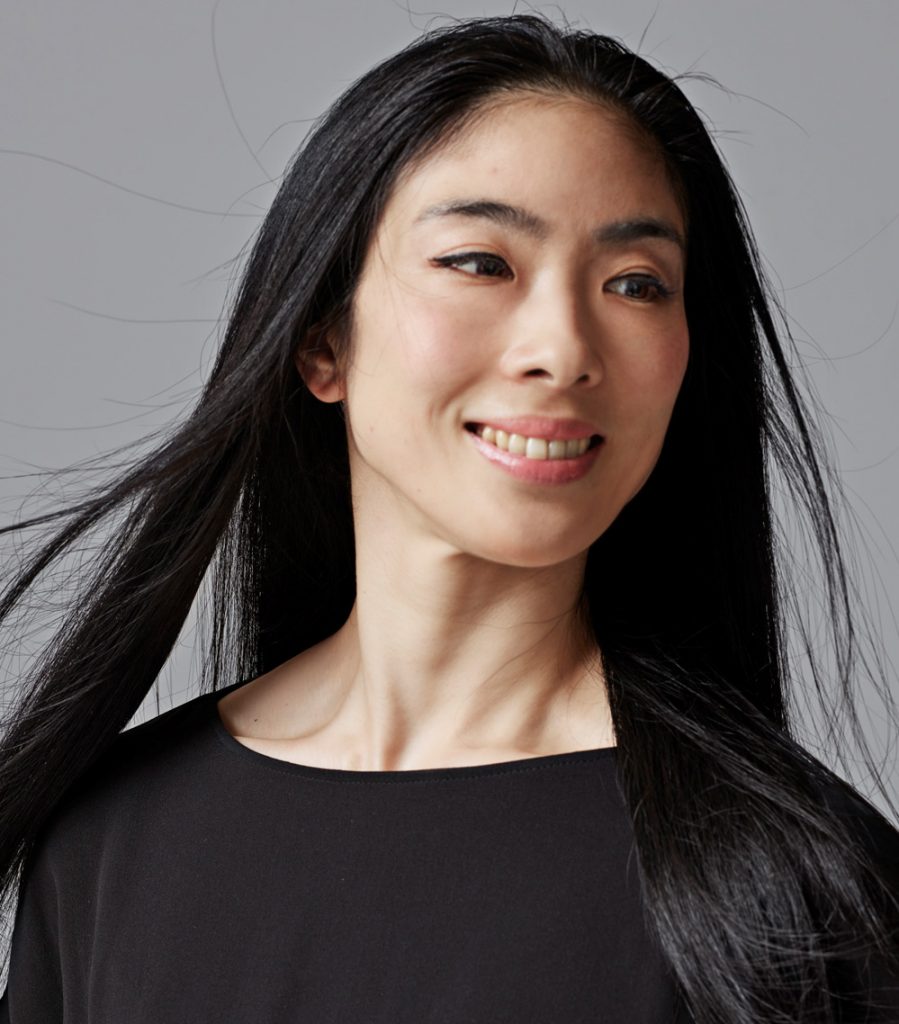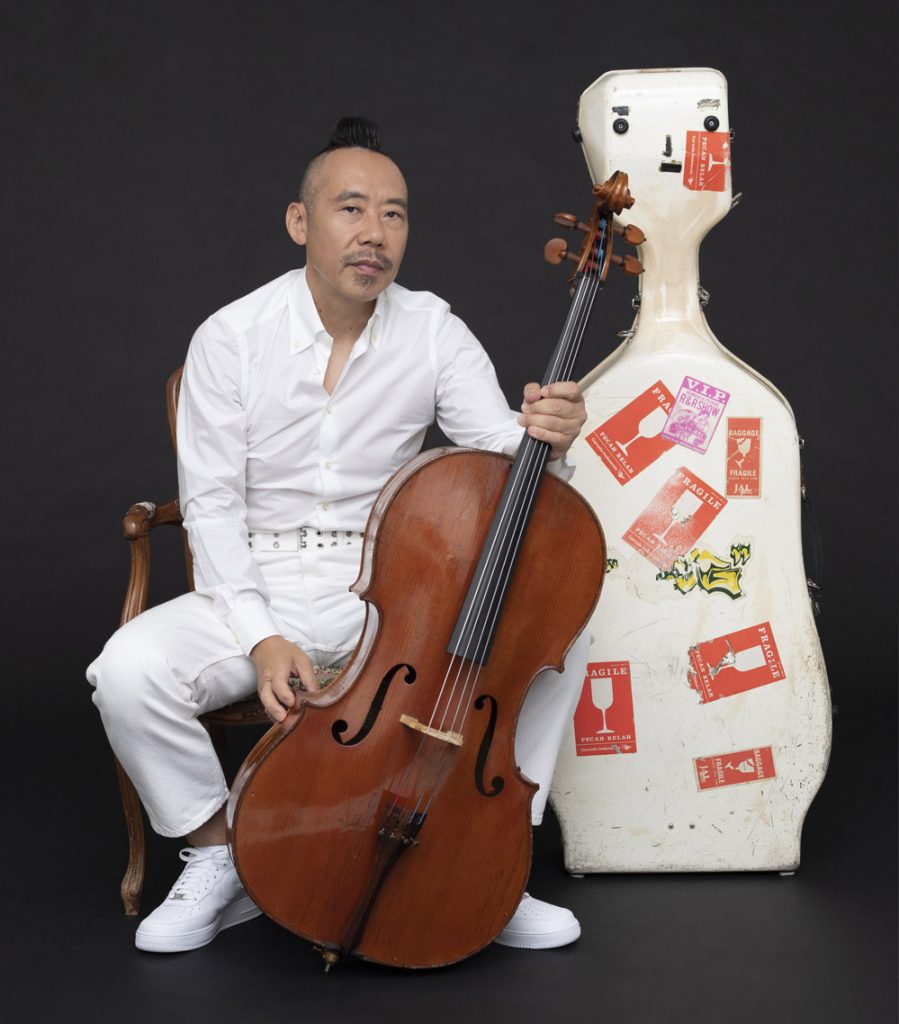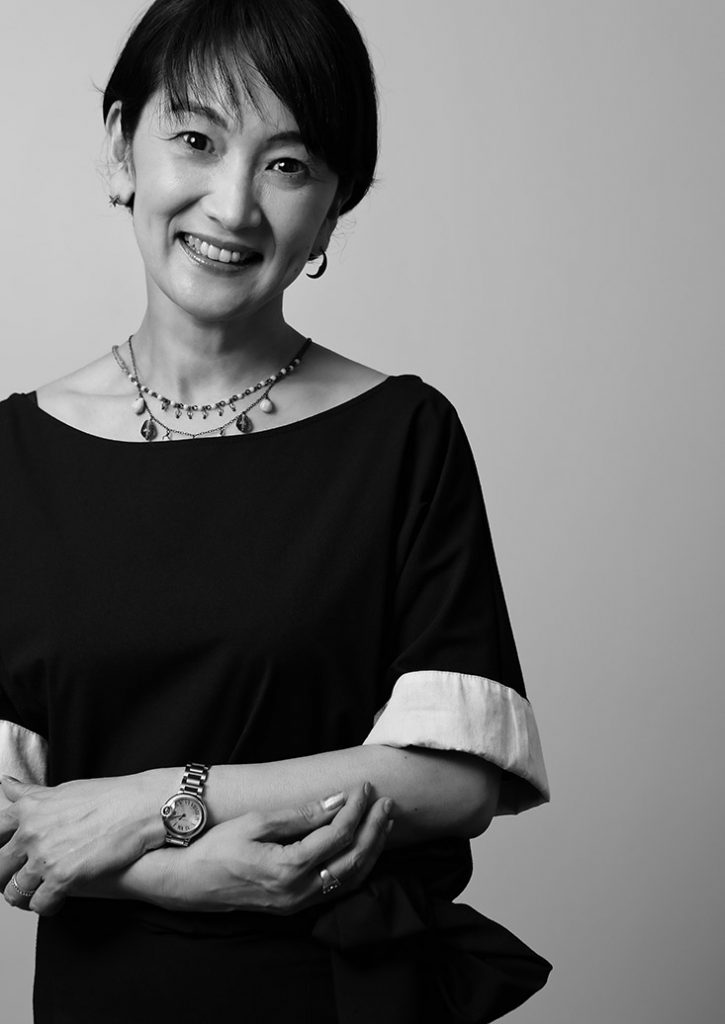TRIAD INTERMISSION vol.2
“The Dying Swan: The Truth About Its Death” Process Talk
[Date] September 3, 2020 19:00~20:30
[Venue] Dance Base Yokohama
guest
Toshiki Okada (Theater writer, novelist, chelfitsch leader)
Hana Sakai (Ballet dancer)
Udai Shike (Cellist)
Navigator
Eri Karatsu (DaBY Artistic Director / Aichi Arts Theatre Senior Producer)
In search of creation possibilities in the Corona Disaster, we are currently holding 10 Zoom rehearsals once a week. After a total of 10 Zoom rehearsals, Toshiki Okada, Hana Sakai, and Udai Shike will give a talk on the creative process of “Solo deconstructing ‘The Dying Swan'” and demonstrate a part of “The Dying Swan”.
Live streaming will be available at the same time on the DaBY channel.
What is TRIAD INTERMISSION?
TRIAD DANCE DAYS” was scheduled to be held in conjunction with the opening of dance house Dance Base Yokohama (DaBY) in May 2020, but all programs were cancelled due to the spread of the new coronavirus. Further creations are underway while changing the method of creation by making use of online.
The purpose of this exhibition is to provide an opportunity for the public to learn about the background of the creative process and the artists’ new approaches to the Corona Disaster by actively disclosing the creative process as an “INTERMISSION”.
◆About Solo Process Talk, a deconstruction of “The Dying Swan
TRIAD DANCE PROJECT “Genealogy of Dance”, the first project and first residency work planned by Dance Base Yokohama (DaBY), will be danced by three dance artists, Yoko Ando, Hana Sakai and Benei Nakamura, who have been creating works with world-class master choreographers, It consists of two parts: <Origin >, an original work by a master choreographer, and <Inheritance / Reconstruction >, an attempt to create a new creation, and to approach academic dance choreography.
In Hana Sakai’s <Succeeding/Reconstruction>, she created a new “solo that deconstructs ‘The Dying Swan'”. This piece was to be created and performed by playwright/novelist Toshiki Okada from a critical perspective on the original choreography by ballet revolutionary Mikhail Fokin. However, due to the spread of the new coronavirus infection, the production was changed to a creative activity at Zoom, and has been rehearsing once a week since April, for a total of 14 rehearsals at this point.
Today, he will give a talk on the background of the creation of this work and the rehearsal process, as well as a demonstration of “The Dying Swan”.
◆Guest Profile
Toshiki Okada
(Playwright, novelist, chelfitsch leader) 
©️Kikuko Usuyama
Theater writer/novelist/president of chelfitsch, whose activities are regarded as overturning conventional theater concepts and attracting attention both in Japan and abroad. In 2005, he won the 49th Kishida Kunio Drama Award for “Five Days in March”; in 2007, his debut novel “The End of the Special Time Allowed to Us” was published by Shinchosha and won the 2nd Oe Kenzaburo Award the following year; since 2012, he has been a juror for the Kishida Kunio Drama Award. Since 2006, he has been presenting “Pratanna: A Portrait of Possession,” a stage adaptation of the novel by novelist Uthit Haemamoon, in Bangkok, Paris, and Tokyo. The play won the 27th Yomiuri Theatre Grand Prix Selection Committee’s Special Prize.
Hana Sakai
(ballet dancer) 
©️Tomohide Ikeya
Born in Seattle, U.S.A., and raised in Kamakura, Kanagawa, Japan, she began ballet in 1979, studying under Toshiaki Hatasa. She joined the Tachibana Ballet School and the Maki Asami Ballet Company, where she was selected for the role of Cupid at the age of 14 and made her debut as a leading role at 18. 1997: transferred to the New National Ballet Company when it was established, and performed the leading role. 2007: guest appearance in “Contact” by the Shiki Theatre Company and in “Andersen” in 2009. 13: co-creator of the unit In 2001, she began full-fledged collaboration with Yasutake Shimaji as the unit “Altneu”. He received the Muramatsu Award for New Artist in 1996, the Dance Critics Society New Artist Award in 1997, the Einosuke Nakagawa Award in 1997, the Minister of Education’s Art Encouragement Prize for New Artists in 1998, the Chieko Hattori Award in 2000, the Dance Critics Society Award in 2008, the Minister of Education’s Art Encouragement Prize in 2009, the Nimura Dance Award in 2003, the Medal with Purple Ribbon in 2005, and others.
Udai Shike
(Cellist)

An earthy cellist active in a variety of genres including rock, pop, jazz, classical, and improvised music.
He is one of the top string arrangers supporting the Japanese commercial music scene in the 2010s. In recent years, he has played & arranged strings for Bank Band, Mr. Children, ONE OK ROCK, and many other rock bands. In October 2019, he will release “Taiyo no tani” (Valley of the Sun), an attempt at Bach’s Suite for Unaccompanied Cello. He also specializes in original compositions and a performance style that incorporates improvisation into classical music.
http://udai66.com/
Navigator
Eri Karatsu
(DaBY Artistic Director / Senior Producer, Aichi Arts Theatre) 
©Takayuki Abe
Graduated from the Department of Dance Education, Faculty of Letters and Education, Ochanomizu University, and completed the Graduate School of Humanities and Sciences of the same university. After working on stage, she worked at Aichi Arts Center as Japan’s first dance curator since 1993, won the 1st Asahi Arts Award in 2000 at her organization, Aichi Culture and Information Center, and has been in her current position since 2002. He has produced and invited more than 200 works and projects ranging from large-scale international co-productions to experimental performances. He has served as a member of the Cultural Policy Subcommittee of the Cultural Affairs Council of the Agency for Cultural Affairs, coordinator of the National Association of Public Cultural Facilities, jury member of corporate arts and culture foundations, board member and other various committees, jury member of dance competitions, chairman of the executive committee of the 65th Annual Conference of the Japan Society of Dance Performance, and part-time university lecturer. He has been involved in various activities to improve the environment of performing arts and theaters in Japan, including lectures, writing, and advising. His publications include “Bodily Intelligence.


